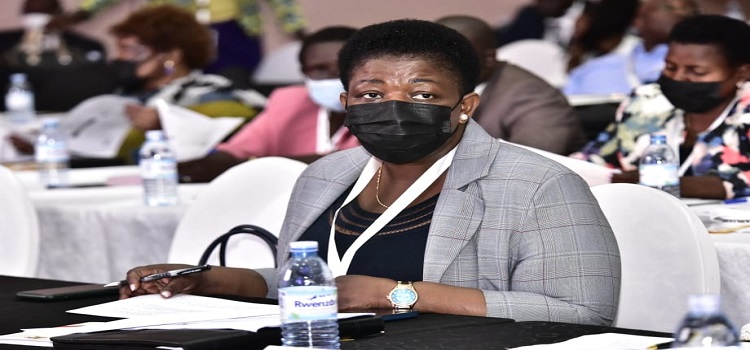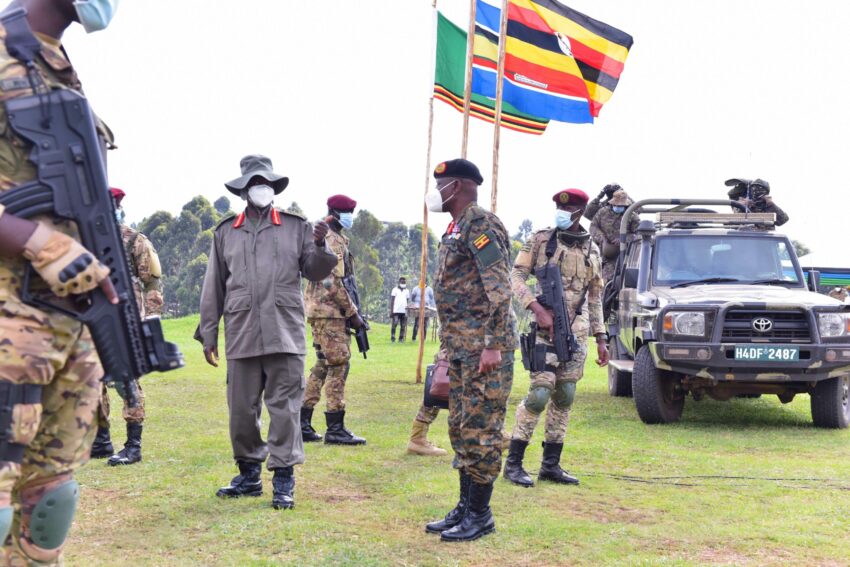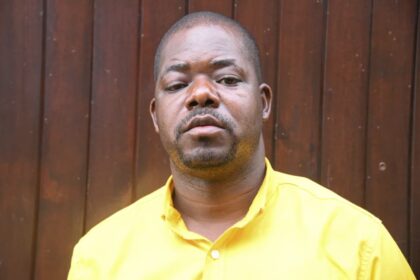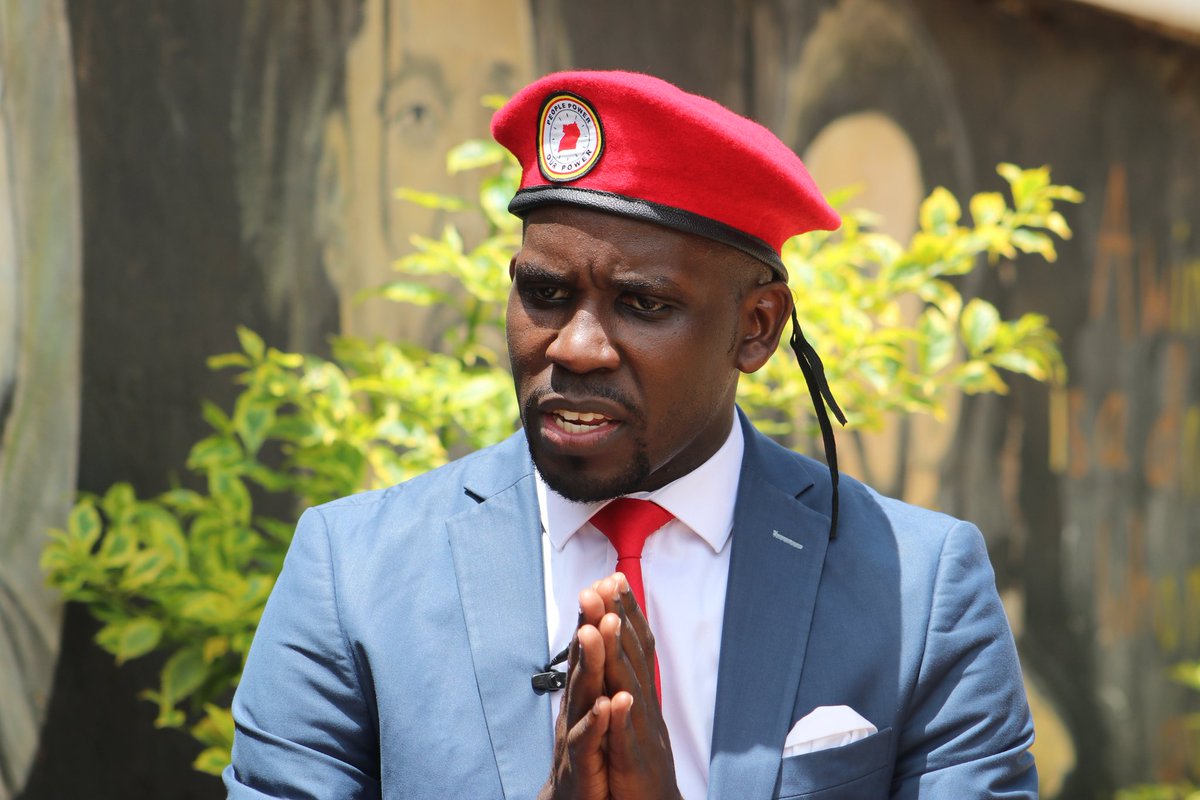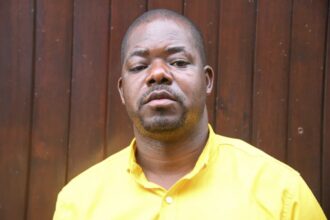A trip to northern Uganda for many motorists is punctuated with a stop at River Kafu, at the border of Buganda and Bunyoro. A small but popular roadside market exists at the banks of this river. As soon as the vehicle stops, like on all major roads in Uganda, vendors accost the passengers with roast chicken, meat, plantains and cold beverages.
The difference with the River Kafu stop is its famous roast cassava. It is perhaps the most delicious in the world. The women who roast it at River Kafu have mastered the art of doing so. It remains white both on the inside and outside. Until it is broken to be savored, you may not even tell it has been roasted. That is how skilled they are.
This type of cassava is only found at River Kafu. If you go around the market anywhere in Uganda, you won’t be able to find this particular variety. Its deliciousness could make it a popular foodstuff across the country and turn it from one that is associated with poverty.
Ever since President Yoweri Museveni advised the nation to turn to cassava instead of imported wheat, I thought that maybe there is a need to grow this variety in other parts of the country. But also in numbers that can significantly turn cassava into a much more loved foodstuff than it currently is.
In some parts of Uganda, there is some perception that cassava is for the poor as it has always been associated with poverty — or food eaten during droughts and hard times. There is need to change this perception so that varieties such as the River Kafu one are grown on a large scale.
But if you marketed cassava so well and people in urban areas adopted it instead of Ukrainian wheat, there would be a crisis in just a few weeks perhaps bigger than the cost of expensive wheat. There won’t be enough quantities to tame demand.
One of the problems for Uganda’s agriculture is that not enough of almost anything is grown. Many people grow food for their own consumption or what they call subsistence farming. This is problematic because Uganda is rapidly urbanizing with many people increasingly turning away from farming for elusive jobs in towns.
Yet every day on social media platforms, you see somebody swearing not to invest in agriculture again after burning their fingers for several years. How do we make agriculture an investment destination for people’s savings?
A friend leased 100 acres near Gulu town and planted cassava a few years ago. During every harvest time, he struggled to find a buyer. He was advised to dry it and sell it in Kampala for those who need cassava flour. He did that but by the end of the day, he had lost more money and abandoned the business. Transporting it and storage among other costs ate away what would have been his profit. After several years of trying, he abandoned the business.
He had employed many young people at the farm who also lost jobs when he abandoned the business. Another friend told me that he has abandoned his maize growing business. He says he finds it cheaper to buy maize for his school than growing it on his vast piece of land near Kampala. Many farmers talk of losing money than making money in agriculture.
How could they be helped not to abandon the sector? All businesses make losses and it isn’t possible that you would start an enterprise today and within a year or season you are making profits. The challenge with agriculture is that the losses can be huge thereby dispiriting people from getting involved.
Access to affordable long-term credit that is tailored to the peculiarities of agriculture is key so that farmers’ assets aren’t always threatened to be auctioned whenever they delay to service the loan due to losses that they may have incurred. Popularizing agriculture insurance could help as well.
Like for my friend who struggled to sell his 100 acres of cassava, creating markets is important to reduce on post-harvest losses. Many farmers struggle to sell their produce during harvest time. In Luweero for example during the pineapple season, each fruit could be sold for as little as Shs500. And that is the price by a middle man. Imagine what the farmer gets. How do we stop talking about value addition and put practical solutions in place?
The writer is a communication and visibility consultant. djjuuko@gmail.com
Do you have a story in your community or an opinion to share with us: Email us at Submit an Article




